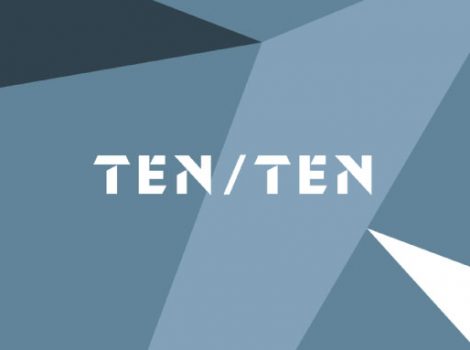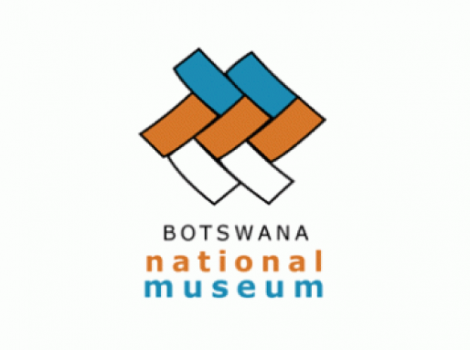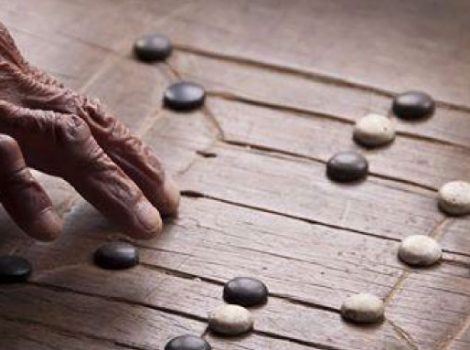What Exactly Is A Kgotla?
Botswana has often been lauded as one of the oldest democracies in the world, and the Kgotla system bears testimony to this. The way the Kgotla functions and what it stands for, is very heavily steeped in the core ideals that democracy is built on.
The Kgotla is quite simply put, a customary court, public meeting or community council. But equally, it’s so much more than that! Issues that concern the tribe are brought before a Kgotla, where individuals are encouraged to speak openly and freely. The Kgotla upholds the idea of equality, an attribute that contributes to Botswana’s robust democratic ideals as well as its stability.
Almost all tribal communities in Botswana have a Kgotla. The Dikgosi (chiefs) preside over the Kgotlas, while the Dikgosana (headmen) oversee dikgotlana (residential wards).
How The Kgotla and Tribal Leaders Fit In Modern Botswana
All chiefs are members of the “Ntlo ya Dikgosi” (House of Chiefs), a council of chiefs that serves as the advisory body for the Botswana parliament.
Although The House of Chiefs is the advisory body to Parliament, it does not form part of the Parliament. Both are housed within the parliament, just in different quarters. The House of Chiefs advises the parliament on matters relating to custom and tradition. They also play a role in reviewing draft bills before they are considered by parliament.
Setswana: ‘Mmualebe o a bo a bua la gagwe’
English: Everyone has the right to voice their opinion
The Kgotla system is also a platform for regular consultation and the exchange of views on major national issues between the government and various leaders of opposition parties. The Kgotla embraces and promotes the idea that ‘mmualebe o a bo a bua la gagwe’ (everyone has the right to voice their opinion).
The line of reasoning behind this is that it encourages tolerance and freedom of expression amongst people with different views. The system goes one further by advocating the idea that ‘ntwa kgolo ke ya molomo’ (no fight should result in fisticuffs; the fiercest of fights is verbal).
Additionally, through the Kgotla, local communities are able to request an audience with their tribal leaders, their MPs and even the president, if they feel they have something to get off their chests.
Tribal leaders are still respected and play a vital role in shaping their respective communities. They have powers vested upon them to whip into shape (metaphorically and physically!) any wayward people within their communities, and can be called upon to restore order, stability and unity within their communities.
The Kgotla is a vehicle for dispute resolution among its local communities, and as such, handles both civil and minor criminal cases.
More than Just a Customary Court
The Kgotla is charged with the responsibility of building the nation and social cohesion, with the wider purpose of promoting harmony among different tribes of Botswana. Perhaps that’s why there’s never been any tribal hostilities resulting from ethnic battles and civil war in Botswana. Instead, what you may observe as an outsider looking in; is that Batswana like to banter and rib each other, but it’s all done in gest.
The Kgotla doesn’t follow the 9-5 work schedule. Members of the community are free to approach the chief and/or headmen about any issues of concern, whenever they need to. Of course, dependent on the level of urgency, it’s up to the individual to exercise a sense of decorum and use their discretion. But the chief’s door is always open to its people. All administrative work relating to village matters is administered at the Kgotla.
You May Be Interested To Know
You can think of Botswana as being one of the world’s oldest democracies because the Kgotla system goes back to pre-colonial days!
Botswana has a House of Chiefs, where all the chiefs from Botswana’s 8 districts gather to discuss issues, a permanent advisory council to the Parliament.
Women are expected to dress modestly and respectfully when they visit the Kgotla. It’s a no-no for women to wear pants of any kind to the Kgotla.
Setswana: Kgosi ke kgosi ka merafe
English: A chief is because of his people
Apart from the Kgotla being seen as the tribal court or arbitration place; it is also the place for socialization and cultural activities.
Subsequently, The Kgosi works hand in hand with his people in matters relating to the community, and hence the expression “Kgosi ke kgosi ka merafe”.
The customary penal code is applied by all diverse ethnic and tribal groups in Botswana and it is administered in all Dikgotla.
The installation of the Kgosi/chief has to be approved by the government in accordance with the Botswana constitution and the Bogosi act.
There are currently 429 customary courts in the country.
Customary Courts derive their mandate Customary Courts Act; while Dikgosi derive their powers from the Bogosi Act
Customary Courts try Criminal cases excluding murder, rape and civil cases
Attorneys and lawyers are not allowed in customary courts during trial, as people are expected to defend themselves.
The Flogging Of Wayward Phineas McIntosh At The Kgotla
Batswana found guilty of whatever offense they are accused of may be flogged at the Kgotla. Although it’s not commonplace in modern Botswana, it could still happen in villages. Foreigners are not usually subjected to this sort of punishment because their cases naturally go through the legal courts.
But many, many years ago one wayward White lad found himself in hot water and was made the exception to the rule. Regent chief of the Bangwato tribe at the time, Kgosi Tshekedi Khama took objection young Phineas McIntosh’s wayward conduct, earning him a thorough trashing at the local Kgotla!
The flogging of McIntosh was such a high profile case that it made international headlines. McIntosh, described by historians as a ‘wayward youthful wagon-builder’, along with his friend Henry McNamee, made it a habit of going around the village on wild drinking sprees and skirt-chasing escapades.
Tshekedi was bitterly opposed to inter-racial relations and reported the matter to the Resident Commissioner, but was largely ignored. As fate would have it, he was to face his own personal living nightmare when his nephew Seretse Khama married English Ruth Williams fifteen years later.
Anyway, to get back to the story; In June 1933, fed up with young McIntosh’s antics, Tshekedi summoned him to the Serowe Kgotla to answer charges of improper conduct. McIntosh was subsequently found guilty and sentenced to flogging.
Later at a trial held in Palapye, the then acting High Commissioner, would pronounce a judgment that read in part,
“You admit flogging a European after trying him in your Kgotla knowing fully well that you had no legal right to do this, and no jurisdiction over him.”
Tshekedi was deposed, banished from Ga Mmangwato, only to be restored to the throne two weeks later.
Most people in Botswana will remember this comedic story from their History class. Out of everything I learnt in History, it’s one of the few things I remember! I know we were all suddenly awake when the teacher told us this story, but was rather surprised to find a book was even written on the whole incident!
It’s on Amazon, titled The Flogging of Phineas McIntosh: A Tale of Colonial Folly and Injustice: Bechuanaland 1933 by Michael Crowder!
Reference: http://www.gov.bw
MmegiOnline
Picture credit: By OLDitshweu (Own work) [CC BY-SA 4.0 (http://creativecommons.org/licenses/by-sa/4.0)], via Wikimedia Commons




Draw the authority structure of a Kgotla please
Please avail a list of kgotlas in Botswana
Hi to everyone, the contents present at this web page are truly remarkable for people knowledge, keep up the nice work fellows.